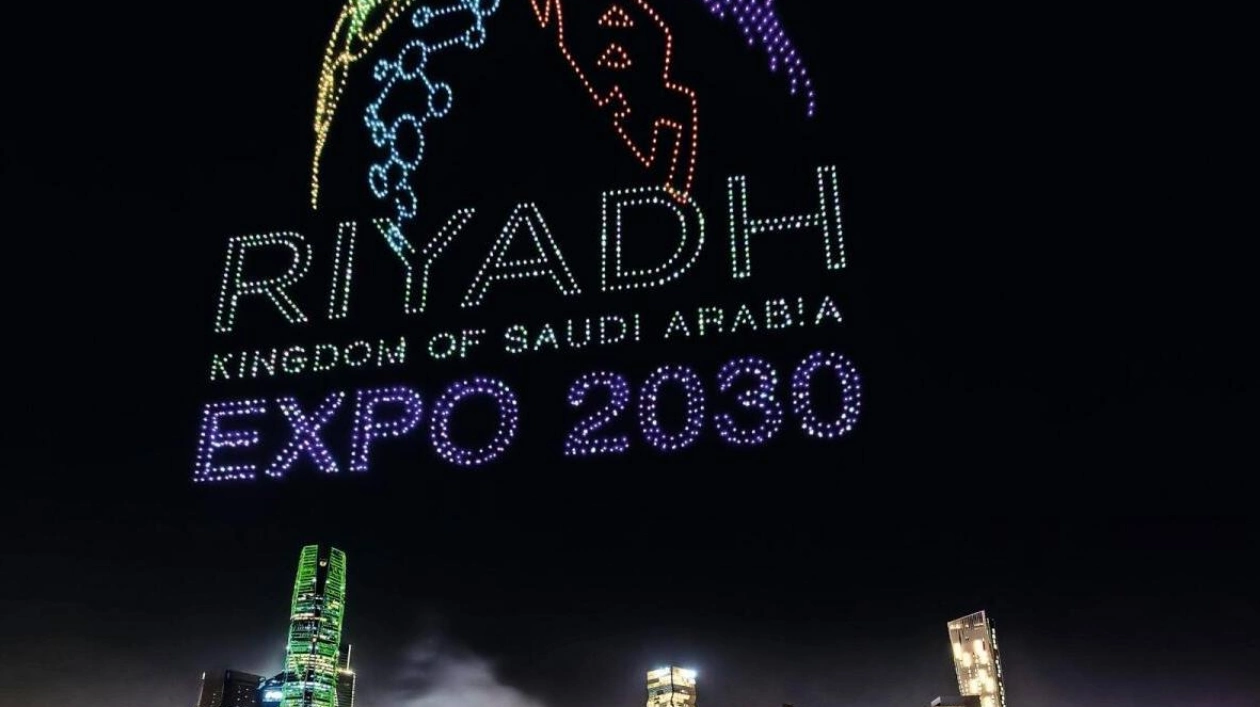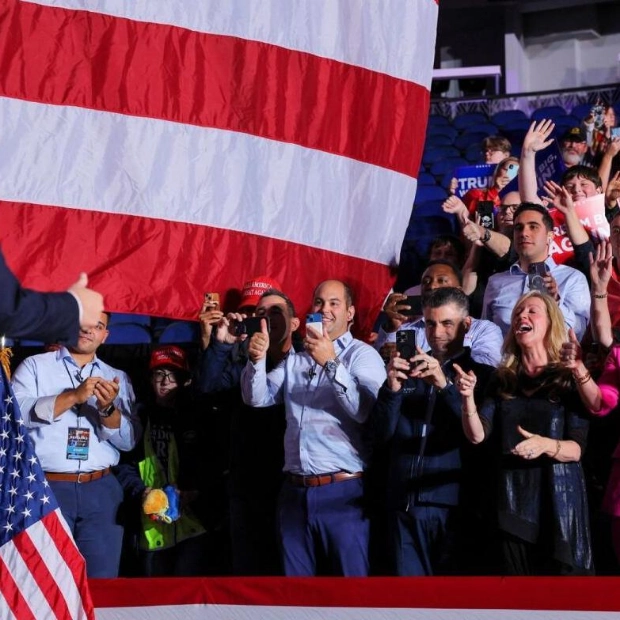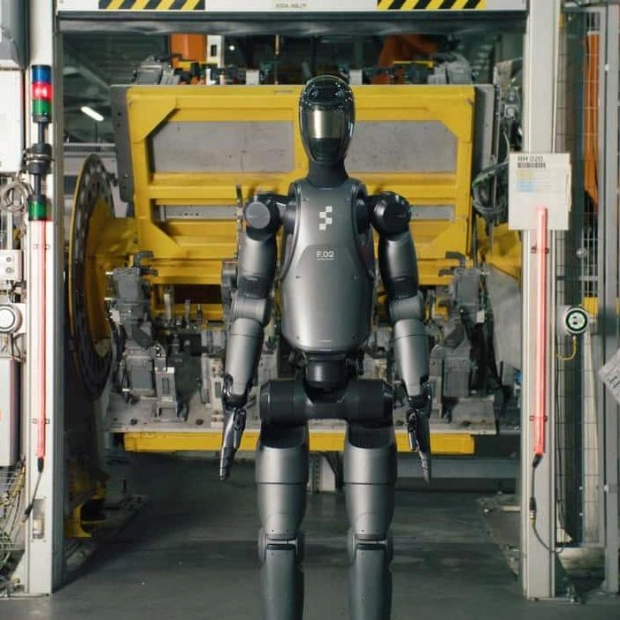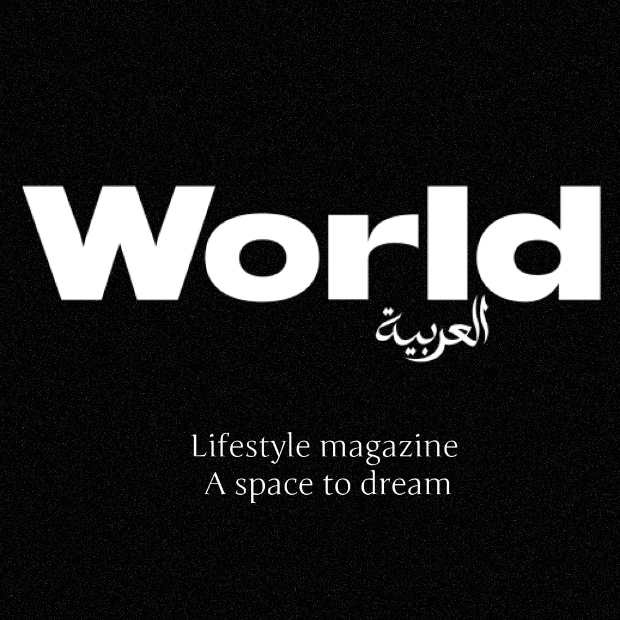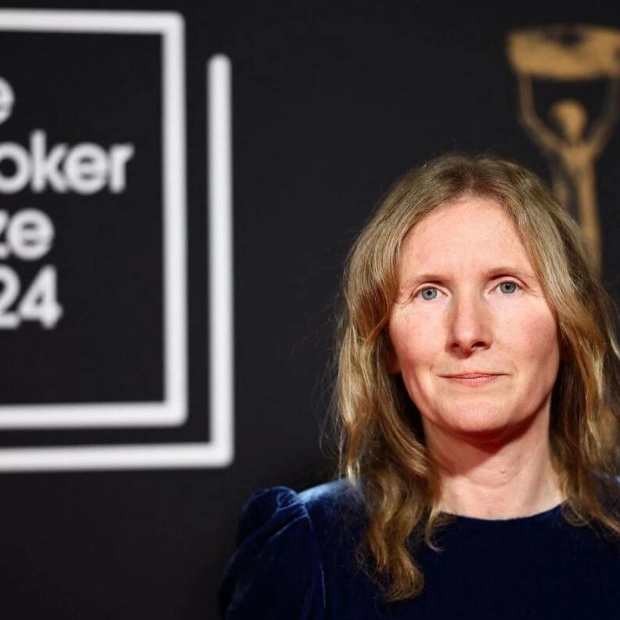Expo 2030 Riyadh will be pivotal in transforming the Saudi economy by shifting focus from the energy sector to non-oil sectors like tourism, hospitality, real estate, construction, infrastructure development, and technology. This shift will be facilitated by the influx of millions of visitors during the six-month exhibition period. Scheduled to run from October 2030 to March 2031 in North Riyadh, the event will coincide with the completion of the kingdom’s Vision 2030. The site will cover over 600 hectares, with 3.38 million sqm dedicated to experiential spaces and 2.62 million sqm for supporting amenities.
The Expo 2030 will be themed around ‘The era of change: Together for a foresighted tomorrow’ and will have three sub-themes aimed at guiding the global community towards a better future through science and technology. These sub-themes include: A Different Tomorrow, which emphasizes the responsible and ethical use of advancements in science and technology to create resilience and serve humanity; Climate Action, which seeks to mobilize the international community to develop sustainable solutions for protecting the natural ecosystem; and Prosperity for All, which aims for an inclusive prosperous world by addressing inequalities and imbalances through contributions from every nation.
The Saudi Government has allocated $7.8 billion to construct the most expensive venue in World Expos history, anticipating 246 participants and 40 million visitors. Analysts predict that the event will boost several sectors both before, during, and after the exhibition. A comprehensive study by Al Rajhi Capital Research estimates the total economic impact of Riyadh Expo to be $94.5 billion (SR335 billion), representing a 19% addition to the estimated non-oil GDP for 2023, with an annualized impact of 0.75% over the next 25 years.
The economic impact of the Riyadh Expo is expected to extend beyond the event. Unlike Dubai, Riyadh, which is not currently a tourist hub, will need significant investment, including building 100,000 hotel rooms. The long-term economic benefits will be substantial, according to the report. GIB Capital suggests that Expo 2030 will significantly positively impact the Saudi economy as the government continues to invest in infrastructure, local industry, and services.
Referencing an E&Y study, GIB Capital estimates that the Saudi economy could see a cumulative gross value added (GVA) boost of SR175 billion-SR190 billion from government spending, with the pre-expo stage likely to witness a GVA impact of SR44 billion-SR47 billion and during the expo, a GVA impact of SR23 billion-SR24 billion. Non-oil sectors are expected to experience varying growth patterns, with sectors like building and construction, banks, and insurance likely to expand leading up to the expo. During the expo, sectors such as hospitality and tourism, aviation and ancillary services, car rentals, advertisement, and insurance are expected to benefit significantly from the increased visitor influx.
The surge in construction activities will drive higher demand for various construction materials, benefiting companies with a strong presence in Riyadh. Analysts also predict that the mega event will create four million jobs in Saudi Arabia, helping to reduce the unemployment rate. The influx of tourists and visitors will also increase the demand for banking services, benefiting the entire banking industry.
